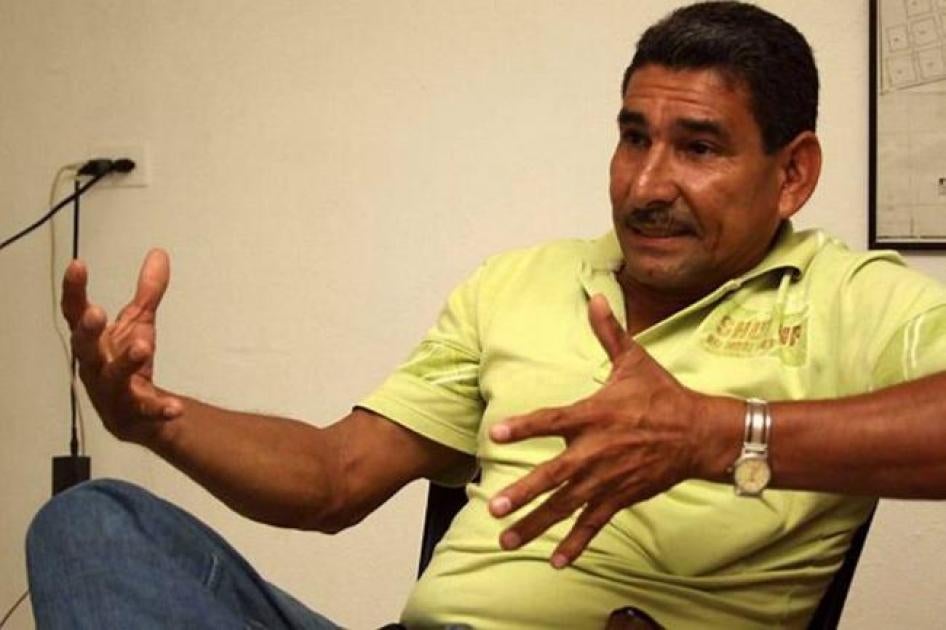Like Perez, dozens of human rights defenders and community activists have been killed, reported missing or threatened in Colombia. The office of the UN High Commissioner on Human Rights in Colombia documented 41 activists or human rights defenders killed in 2015. The local NGO Somos Defensores reported that 19 human rights defenders or activists had been killed this year and over 80 had been threatened up to the end of March.
It is hard to identify who is behind each of these incidents and if they are targeted abuses or ordinary crimes. However, there are credible reports suggesting some were perpetrated by guerrillas and many others by groups that emerged after an official paramilitary demobilization a decade ago. According to the UN High Commissioner on Human Rights in Colombia, abuses against activists and human rights defenders usually involve land claims, and retaliations against those who seek justice for abuses.
Civil society groups have rightly argued that these crimes undermine the prospects for a just peace in Colombia. They also undermine commitments made during the peace talks, like improving land restitution programs for displaced families and allowing victims’ groups to report abuses that would be used to assess the truthfulness of confessions before a future Special Jurisdiction that would handle human rights violations committed during the conflict. Should we expect that members of human rights groups will feel safe to bring cases to the Special Jurisdiction if they believe their colleagues were killed or threaten for seeking justice?
The only way to ensure that human rights defenders and community activists are not dissuaded from carrying out their key role for a just peace in Colombia is to ensure that each case is investigated promptly, adequately, and exhaustively to identify the motives behind each crime, and so there can be prosecutions of those responsible.








